Outside the classroom
Working outside the classroom environment gives younger children lots of experiences to develop their understanding. For example a simple walk around the local streets supports their growing understanding of old/new and local history. Experiencing contrasting spaces, for example a castle or cathedral helps them to begin to explore similarities and differences. Visiting historic sites or museums will encourage their language development and communication skills as well as give a context to these discussions.
Sort by:
Date (Newest first) | Title A-Z
Show:
All |
Articles |
Podcasts |
Multipage Articles
-
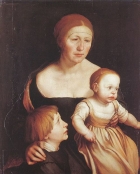
A View from the Classroom: Writing History
ArticleClick to view -

A creative Egyptian project
ArticleClick to view -

Artefacts handling at Brunel's SS Great Britain
ArticleClick to view -

Beyond the classroom walls: museums and primary history
ArticleClick to view -

Cabinets of Curiosities, The History of Museums
ArticleClick to view -
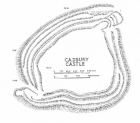
Case Study: Working with gifted and talented children at an Iron Age hill fort in north Somerset
ArticleClick to view -

Castles: distinguishing fact and fiction in the early years curriculum
ArticleClick to view -

Children's thinking in archaeology
ArticleClick to view -

Churches as a local historical source
ArticleClick to view -
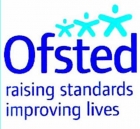
Co-ordinators' concerns: Visits and Ofsted
ArticleClick to view -

Creating the 'creative history' website
ArticleClick to view -
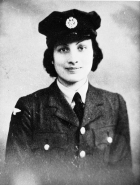
Cross Curricular Project on a famous person
ArticleClick to view -

Curriculum planning: How to write a new scheme of work for history
ArticleClick to view -

Doing history in the early years and foundation stage
ArticleClick to view -

Doing history with objects - A museum's role
ArticleClick to view -
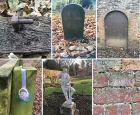
Emerging historians in the outdoors
ArticleClick to view -

From Home to the Front: World War I
ArticleClick to view -
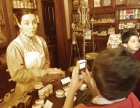
Geosong: a transition project
ArticleClick to view -

History outside the classroom at Key Stage 1
ArticleClick to view -

How a history club can work for you and your pupils
ArticleClick to view

